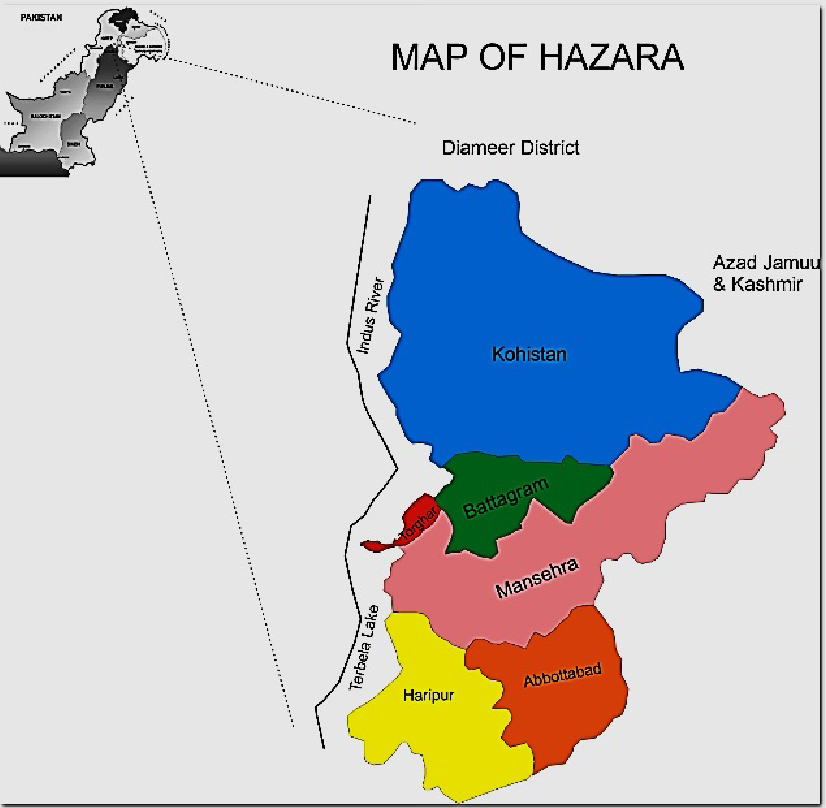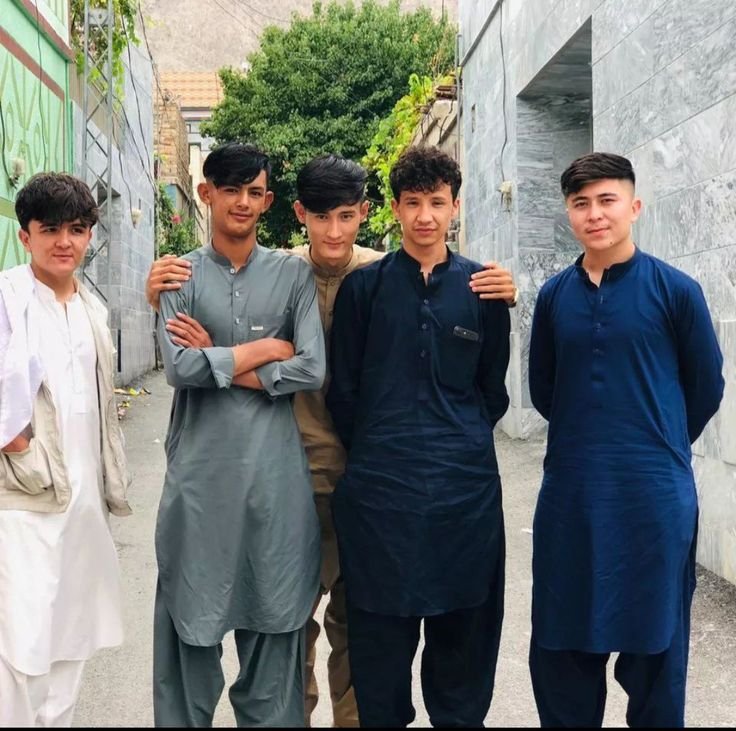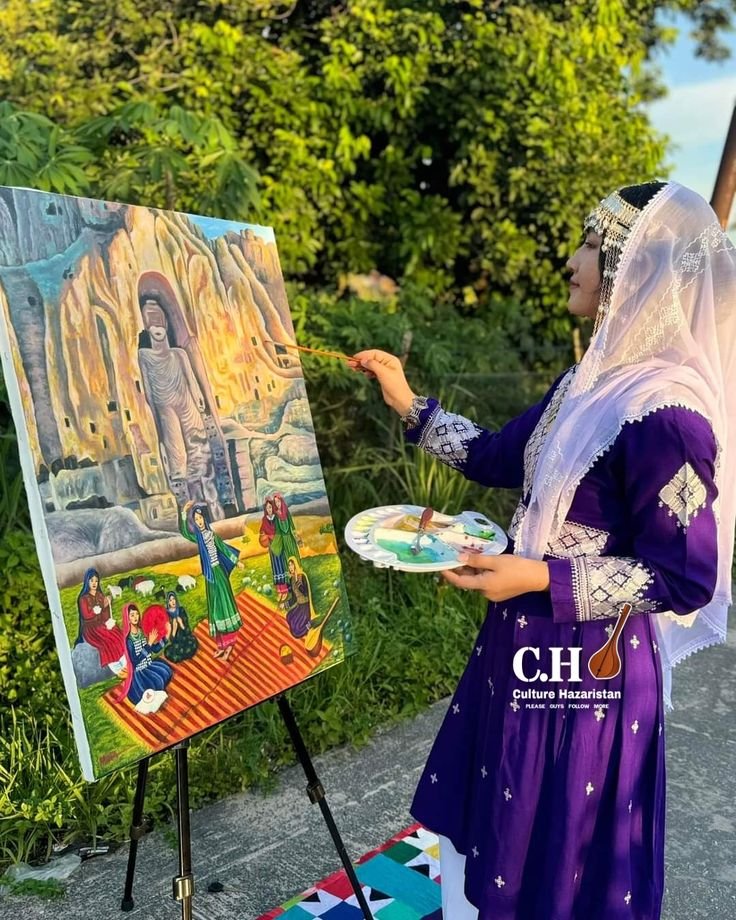Hazara, a region nestled in the northeastern part of Pakistan’s Khyber Pakhtunkhwa province, is a land rich in history, culture, and diversity. Its strategic location, coupled with the resilience and industrious nature of its people, has made Hazara a significant contributor to Pakistan’s social, economic, and cultural fabric. In this blog, we will explore the geographic location of Hazara, the unique characteristics of its people, and the profound impact they have on the broader landscape of Pakistan.
Hazara is geographically positioned in the northern part of Pakistan, bordered by the majestic Himalayas to the north and the lush plains of Punjab to the south. The region is divided into several districts, including Abbottabad, Haripur, Mansehra, and Battagram, each offering its own distinct natural beauty and cultural heritage. The region’s landscape is characterized by rolling hills, fertile valleys, and a temperate climate that supports a variety of agricultural activities.
The location of Hazara makes it a gateway to some of Pakistan’s most famous tourist destinations, including the picturesque valleys of Kaghan and Naran, the historic city of Taxila, and the stunning Karakoram Highway that leads to the Chinese border. This strategic position has historically made Hazara a crucial crossroads for trade, travel, and cultural exchange between different regions of the subcontinent.

The people of Hazara, known as Hazarawals, are a diverse mix of ethnicities and cultures, including Pashtuns, Hindko-speaking communities, and others. This diversity is reflected in the region’s rich cultural traditions, languages, and social practices. The Hazarawals are known for their hospitality, strong sense of community, and commitment to education and progress.
Education has always been a priority in Hazara, with the region boasting some of the country’s top educational institutions. The literacy rate in Hazara is higher than the national average, reflecting the value that the people place on learning and knowledge. This emphasis on education has produced many prominent figures in various fields, including politics, academia, and the arts.

The impact of Hazara and its people on Pakistan is multifaceted, encompassing economic, social, and cultural contributions. Economically, Hazara plays a vital role in agriculture, producing a significant portion of the country’s fruits, vegetables, and other crops. The region’s strategic location also makes it a hub for trade and commerce, connecting Pakistan with its northern neighbors.
Culturally, Hazara has enriched Pakistan’s national tapestry with its unique traditions, music, and folklore. The region’s festivals, cuisine, and handicrafts are celebrated across the country, adding to the diversity and vibrancy of Pakistan’s cultural landscape.
Socially, the people of Hazara have made substantial contributions to national development through their active participation in various fields, including politics, education, and social work. The region has produced numerous leaders who have played pivotal roles in shaping the country’s policies and progress.

Hazara, with its strategic geographic location and dynamic population, holds a special place in Pakistan’s heart. The region’s natural beauty, coupled with the resilience and industriousness of its people, continues to shape and influence the nation’s development in profound ways. As Hazara grows and evolves, its impact on Pakistan will undoubtedly continue to be felt, making it a region of immense importance to the country’s future.
WhatsApp us